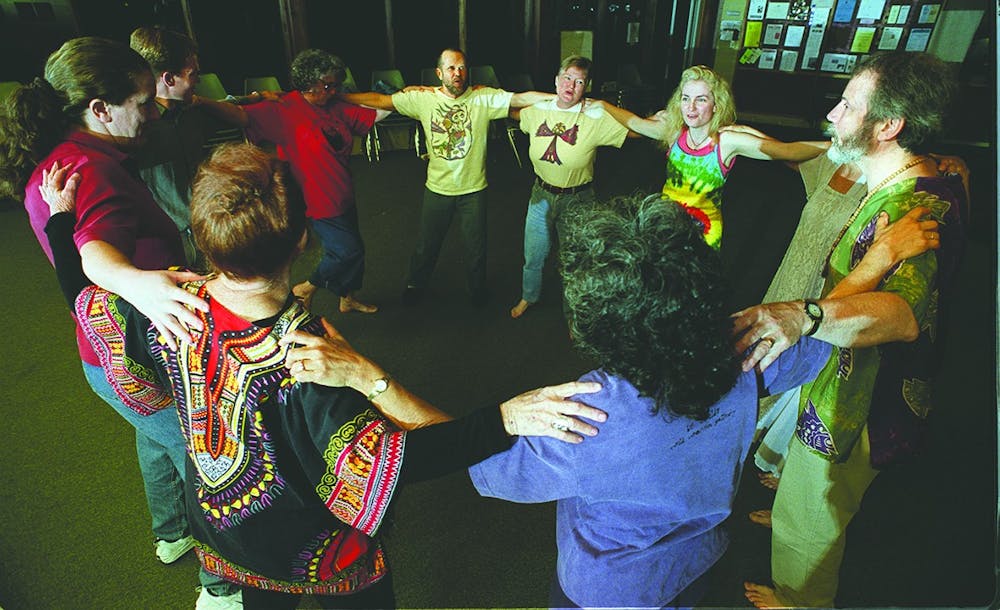There is a very fine line in our world today between staying true to our own identities and respecting those of other people. In our culture, we have many groups that shout at the rest of the world that they deserve respect, and they do. The problem is finding a way to live out your identity steadfastly while allowing other individuals the same.
The first step is to get to know yourself. Before we can respect how other people have developed their opinions, we need to spend time developing our own opinions on the subjects we care about. Decisions left to other influences in your life are brittle, weak pillars to build your identity on.
The pillars of your identity, made up by the things that matter to you, should be familiar to you and to the people you spend time with. If there is an issue that is important to you, make sure it shows in your life. Living a life that is true to your core beliefs is rewarding and authentic. This authenticity promotes your confidence and helps others understand your perspective.
Second is acknowledging other people's stories. Everyone is the main character in their own story. Though this can be hard to comprehend at first, seeing people as they see themselves is the second step to respecting their identity and value. The YouTube channel Dictionary of Obscure Sorrows has a word for this concept: Sonder, or “the realization that each random passerby is living a life as vivid and complex as your own.”
We need to take the time to get to know people who are different from us so we don’t see them as flat stereotypes. Every person has many different sides, and to truly respect a person, we need to get a better understanding of their depth instead of making assumptions.
In an article entitled “How to Stay Standing in Your Truth Around Difficult People and Circumstances,” self-help author Emily Madill writes, “We can choose to see the person before us with all of their strengths and weaknesses – as a human being just like us. Or we can choose to continue focusing on all of the reasons why we don’t feel good around them."
When we start looking at people this way, we need to come to the understanding that not everyone sees the world as we do.
Third, to respect peoples’ identities you have to be willing to listen. Everyone has the right to their opinion, and you can show respect to others by recognizing they each have a unique perspective and being unafraid to discuss it civilly with them. You don’t have to accept what they believe, but you do have to respect their right to believe it.
To show respect for a person’s identity, it’s a good idea to ask them about their beliefs and how they came to them. The Huffpost article “Everyone Wants to Feel Heard” by Mallory Stevens says, “The most effective way to discovering another’s underlying needs and interests is to ask pertinent, open-ended questions.” This way, you can empathize with them and show you care.
Make sure while living out your identity authentically you don’t overwhelm the other person or make them feel less comfortable to share. You have the right to voice your opinions and beliefs, but respect means ensuring the other party is comfortable to do the same.
My identity as a Christian compels me to share with people about Jesus Christ and what he has sacrificed for us to live fulfilling lives through him. I believe this is the only truth and knowing Jesus is the only way to be joyful.
This view is controversial to people outside my faith. Though some Christians choose to tell their faith to anyone who will listen (which is not technically wrong), the best way I have found to share my faith is to intentionally get to know the person, show I respect their beliefs and identity, and live out and speak of my identity authentically. If I respect them and how they identify themselves, then they are more likely to be receptive to me sharing my identity.
Even if neither of us change our beliefs to better fit the other’s, we can still create a good relationship based on mutual respect and understanding while we live out our identities confidently.

